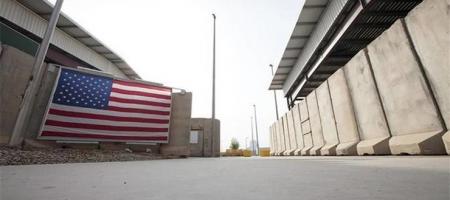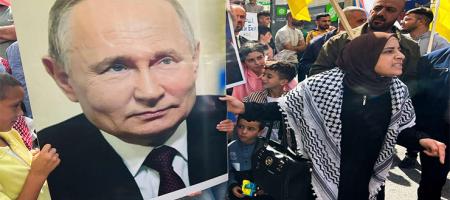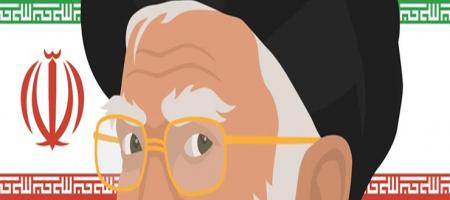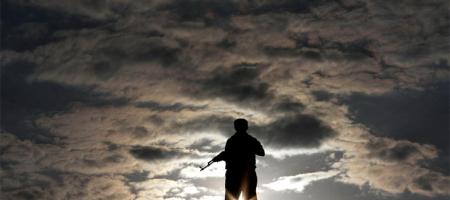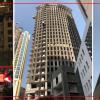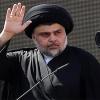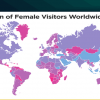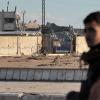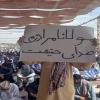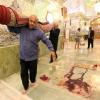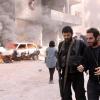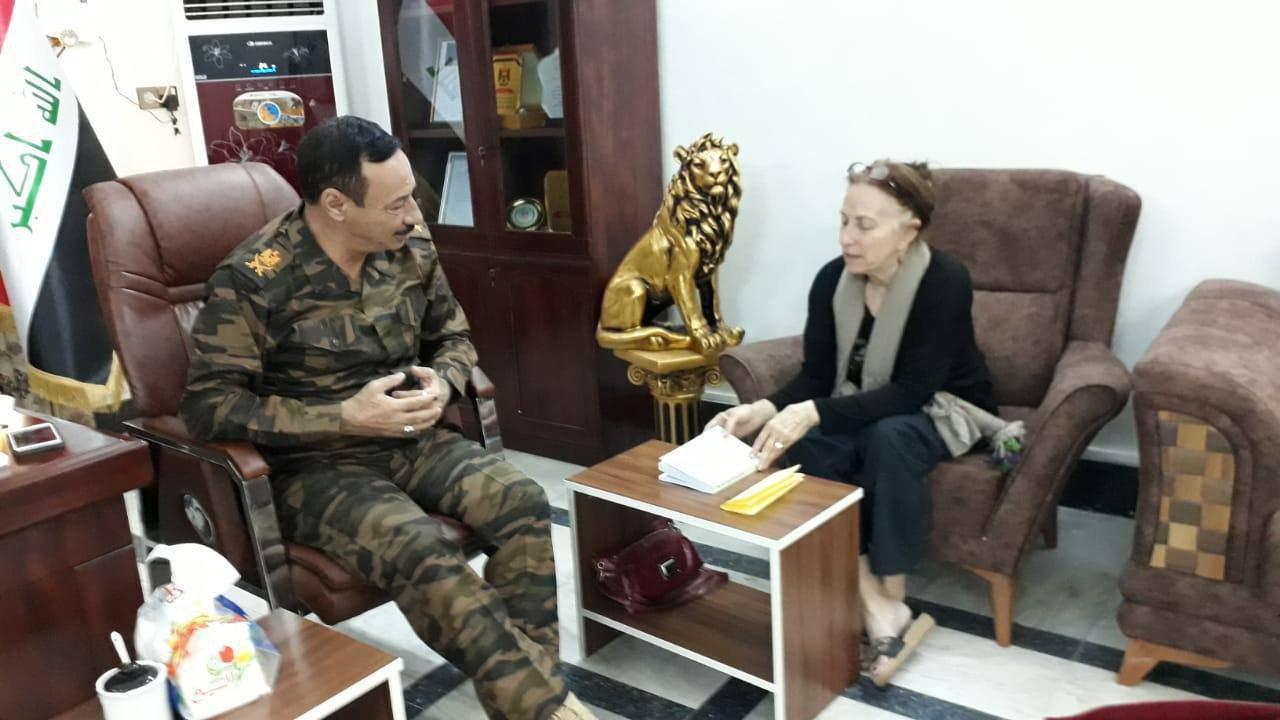
Avatoday: As you know Mosul is now full of new stores with western clothing and restaurants. Can you explain how that was done and who financed it? How did it get done so quickly to be a new modern city?
In My view, the foundation of the security are the people, not the security forces. I had good experience before in Tal Afar. Tal Afar is the second city after Mosul. Before 2005, the Coalition forces, the Iraqi security forces, cleaned it from al-Qaeda many times, but al-Qaeda came back. In 2005, Governor McMasters and I, the commander of the theater ACR cleaned the city from ACR again. The third step was rebuilding the city. We gave food and jobs to the people. We worked very hard to build bridges between security forces and the people at that time. The people became very useful to us. They did not give any safe haven to al-Qaeda. The President of the United States in 2006 mentioned that I worked like a good example for the coalition between the Iraqi security forces and the American forces and the government. Now the people are our intelligence, they work better than our intelligence. They guide us always to Syrian cells, to find the members of ISIS. We receive many calls every day, we receive many text messages, telling us about Daesh (ISIS) sleeper cells.
Yezidis still have many missing women and children. What efforts have you made to locate where missing Yezidis are in Mosul after ISIS was defeated?
We found many women and girls from the Yezidis when we recaptured Mosul. We put an announcement in the TV. Who guide us to any Yezidi women we will give them about two million Iraqi Dinar. Some people guided us to Yezidi women and kids. And we worked with the Yezidi community and some came back. But I think many of them are in Syria now, because as we would regain control of any area, ISIS drive the prisoners and the Yezidi women with them to Syria.
Do you have communications and intelligence working with people in Syria to bring Yezidis back?
We have intelligence, but not a strong intelligence, but I think in the near future the Coalition Forces will clean the border of Syria, the area in Syria is close to our (Iraqi) border. I hope we will find them in Syria.
Many of the women and girls who were held prisoners and raped are in Germany; many are still in Kurdistan. Some of them know the real names of the men who imprisoned them. They don't know who to tell this information to. They know their real names because they were able to search secretively and find their IDs when the men were out fighting. Where should they take these names?
We have intelligence officers in different villages. In Sinjar, in Tal Afar, Mosul. We are ready to receive this information. In Baghdad, we also share with the Coalition forces. There are many names of ISIS in Europe. We are ready to receive this information.
Are you aware of any ISIS arrested in Europe?
Yes, they captured some in Germany and France. They did not return them, but we have the information.
Let's talk about the situation in Sinjar. Who's living there and what is the condition? And especially what is the situation between different militias and units who were fighting in Sinjar?
Najim al-Jubouri: The security situation is good in Sinjar. We have a battalion from the army in Sinjar. We have a battalion from the police in Sinjar. And we have also troops on the border of Sinjar. We have a headquarter of the Army brigade in Snoni. The security forces control the situation. We have not heard any bad thing about Sinjar, but apparently we are concerned about the relationship between some tribes that live in Sinjar, Arab tribes and Yezidis. I saw many families in Sinjar, but not a big number. Many of them are in the camp near Snoni on the mountain. In Snoni many people live now. I think the majority of Ezidis are still in Kurdistan. We hope they return back. I told you the structure in Sinjar is not good. Many houses are destroyed. The Prime Minister (Haider al-Abadi) gave order to the local government to the NGO to rebuild Sinjar. I hope in the future, in the near future, many of them can return back to Sinjar. I hope the local government, the central government, the NGOs help to work on the relationships between the Arabic tribes and the Yezidis so they can return back.
And the villages on the south side, Kocho, Tal Qassab, Tal Banat, Qapousi, Solaugh, have they been demined?
I do not have many information about these villages. I told you many Yezidi families have not come back. I told you many families of Arab tribes have not come back. We need to make relationships normal between Arabs and Ezidis.
The Yezidis say if Arabs come back, we cannot come back, because we cannot live among Arabs again. They also make it very clear that they know not all Arabs are guilty or with ISIS, but their problem is they cannot identify the guilty from the innocent. They feel their only safety is not to have Arab neighbors. What is the solution to this problem?
What happened to Yezidis was a disaster. A big disaster. I know this is very difficult to them to return back to be with Arab people because of what happened to them. Even the Arabic people in the villages, they not allow ISIS families to return back to live again. Because of that we need help from United Nations, from NGOs, from the local government to find a solution to this problem, a big problem. It is not easy. I think we need division between who is guilty and who is not. I saw many stories where Arabic families helped Yezidi women. But at that time, yes, some tribes worked with ISIS. This is a fact. ISIS worked without any mercy. They take women even from the Arabic tribes, but not like Yezidis. But this happened, we can't change the past. We lived with Yezidis not just five years or ten years, we lived with them many hundreds of years in peace. The disaster happened, because of that we
How many people are living in Sinjar city now and in the whole region?
I don't know the exact number. As I heard from the mayor of Sinjar, between 10,500 to 10,000 live in the city.
What is the Iraqi Army's relationship with the US military now? Are you getting support? Are they here?
Yes, we are getting support from them. They give us training. They help is in supervision, they make drones, if we need an air strike they help us.
That's my questions. Do you have anything you'd like to add?
Najim al-Jubouri: I like Yzidis. I stand very strong with them when the disaster of Qatania happened in 2007. I opened the hospital in Tal Afar to them, and I send all the ambulances from Tal Afar to them. They know that very well. I moved the injured from Qatania to Tal Afar, from Tal Afar to Duhok. The Health Department in Mosul didn't send any ambulances. I think, not just me, the majority of people in Mosul like the Yezidis. They very nice people. The behavior of ISIS does not mean the behavior of the Arab people. ISIS killed my relatives, 24 of them. Some of them put them in cages and put them in the water. Some of them put explosives on their neck. Some of them shooting them by AK7. And if you go to the villages here in south of Mosul, you will hear strange stories. They put the people under the heavy machines. They threw the people from high buildings. They beheaded the people. They burned the people. They not make any difference between the kids and the elderlies, women or men.

